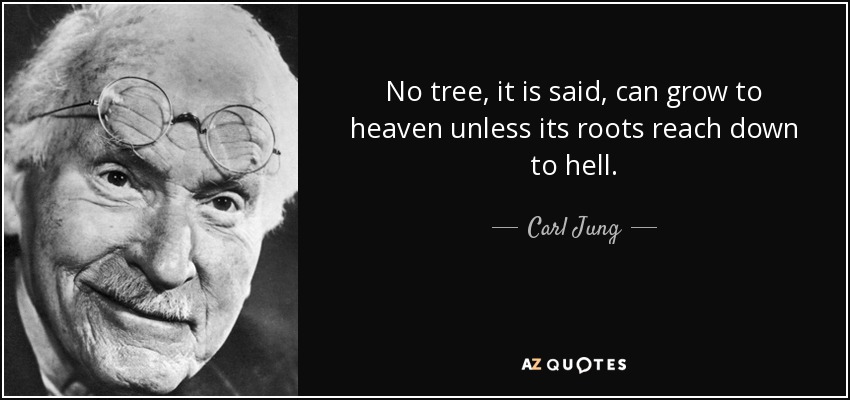
Stanza 33 describes that four harts named Dáinn, Dvalinn, Duneyrr and Duraþrór consume "the highest boughs" of Yggdrasil. Stanza 32 details that a squirrel named Ratatoskr must run across Yggdrasil and bring "the eagle's word" from above to Níðhöggr below. He details that beneath the first lives Hel, under the second live frost jötnar, and beneath the third lives mankind.



In stanza 31, Odin says that the ash Yggdrasil has three roots that grow in three directions. In the stanza that follows, a list of names of horses are given that the Æsir ride to "sit as judges" at Yggdrasil. Yggdrasil is first mentioned in the poem in stanza 29, where Odin says that, because the " bridge of the Æsir burns" and the "sacred waters boil," Thor must wade through the rivers Körmt and Örmt and two rivers named Kerlaugar to go "sit as judge at the ash of Yggdrasill". In the poem Grímnismál, Odin (disguised as Grímnir) provides the young Agnar with cosmological lore. In the stanza that follows, Odin describes how he had no food nor drink there, that he peered downward, and that "I took up the runes, screaming I took them, then I fell back from there." While Yggdrasil is not mentioned by name in the poem and other trees exist in Norse mythology, the tree is near universally accepted as Yggdrasil, and if the tree is Yggdrasil, then the name Yggdrasil directly relates to this story. In the Poetic Edda, the tree is mentioned in the three poems Völuspá, Hávamál and Grímnismál. Schröder has proposed a fourth etymology according to which yggdrasill means "yew pillar", deriving yggia from *igwja (meaning " yew-tree"), and drasill from *dher- (meaning "support"). Detter, is that the name Yggdrasill refers to the word yggr ("terror"), yet not in reference to the Odinic name, and so Yggdrasill would then mean "tree of terror, gallows". Both of these etymologies rely on a presumed but unattested *Yggsdrasill. According to this interpretation, askr Yggdrasils would mean the world tree upon which "the horse of the highest god is bound".
#No tree it is said can grow to heaven full#
Nevertheless, scholarly opinions regarding the precise meaning of the name Yggdrasill vary, particularly on the issue of whether Yggdrasill is the name of the tree itself or if only the full term askr Yggdrasil (where Old Norse askr means "ash tree") refers specifically to the tree. Gallows can be called "the horse of the hanged" and therefore Odin's gallows may have developed into the expression "Odin's horse", which then became the name of the tree. The Poetic Edda poem Hávamál describes how Odin sacrificed himself by hanging from a tree, making this tree Odin's gallows. This interpretation comes about because drasill means "horse" and Ygg(r) is one of Odin's many names. The generally accepted meaning of Old Norse Yggdrasill is "Odin's horse", meaning " gallows". The tree is an example of sacred trees and groves in Germanic paganism and mythology, and scholars in the field of Germanic philology have long discussed its implications. Scholars generally consider Hoddmímis holt, Mímameiðr, and Læraðr to be other names for the tree. Creatures live within Yggdrasil, including the dragon Níðhöggr, an unnamed eagle, and the stags Dáinn, Dvalinn, Duneyrr and Duraþrór. The branches of Yggdrasil extend far into the heavens, and the tree is supported by three roots that extend far away into other locations one to the well Urðarbrunnr in the heavens, one to the spring Hvergelmir, and another to the well Mímisbrunnr. The gods go to Yggdrasil daily to assemble at their traditional governing assemblies, called things.

In both sources, Yggdrasil is an immense ash tree that is center to the cosmos and considered very holy. Yggdrasil is attested in the Poetic Edda compiled in the 13th century from earlier traditional sources, and in the Prose Edda written in the 13th century by Snorri Sturluson. Around it exists all else, including the Nine Worlds. Yggdrasil (from Old Norse Yggdrasill ), in Norse cosmology, is an immense and central sacred tree. "The Ash Yggdrasil" (1886) by Friedrich Wilhelm Heine


 0 kommentar(er)
0 kommentar(er)
